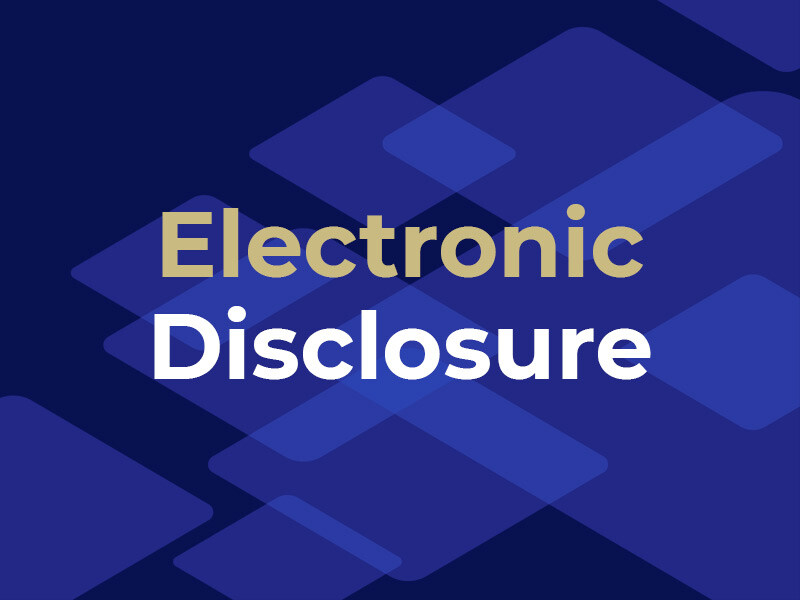
Legal dramas thrive on courtroom scenes. Who is not familiar with the plucky, blonde (and frequently Northern) defence barrister wittily scoring points over a curmudgeonly judge? Or with the courageous witness turning trembling to the dock and declaring “It was HIM!”?
This article was first published in January 2014. For more up-to-date advice, please contact us
Truth be told, a more accurate staging of a legal drama would involve hours of footage of wearied lawyers poring over thousands of pages of paperwork, fuelled by nothing but the determination to do what is best for the client, and triple-shot espressos from the nearest Costa.
Cases often turn not on fireworks in the witness stand, but the altogether less spectacular fizzle of finding relevant facts buried in screeds of useless information. Yesterday’s news that the police are moving to force broadcaster Channel 4 to release documents relating to an alleged whistleblower in the tragic Lawrence case emphasises the importance of the least glamorous aspects of the profession. There’ll be no press or public gallery as the documents are scrutinised, but their implications could prove truly explosive.
It is said the evidence includes “all written and electronic correspondence . . . together with any notes and all unedited video footage”. A truly daunting task, and one which will demand the best litigation support technology. Effective use of scanning and optical recognition technology – whether to translate, code, and decode, read and recognise handwriting from several different individuals or redact for security purposes – can reduce the burden of time and cost on a firm by a significant degree.
Any twenty-first-century case may well require the scrutiny and disclosure of multi-media evidence, such as that sought in the latest developments of the Lawrence case. With eDisclosure the crucial tool in ensuring that all relevant data is collected, analysed and securely store, the role of professional litigation support partners such as Legastat becomes increasingly crucial.
Firms and chambers yet to harness the power of litigation innovations should make contacting us a priority. Effective evidence management is best for lawyers – but, most importantly, it helps provide the best possible outcome for the client.